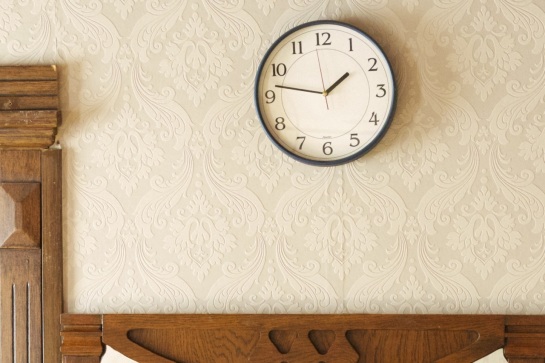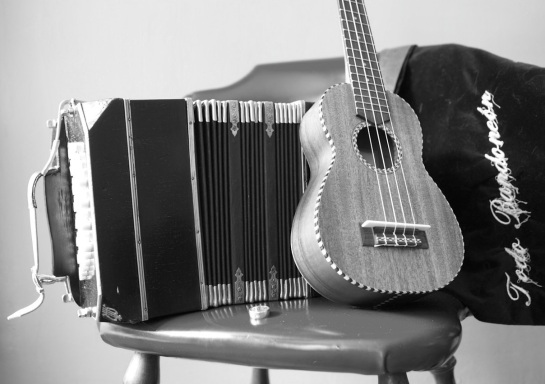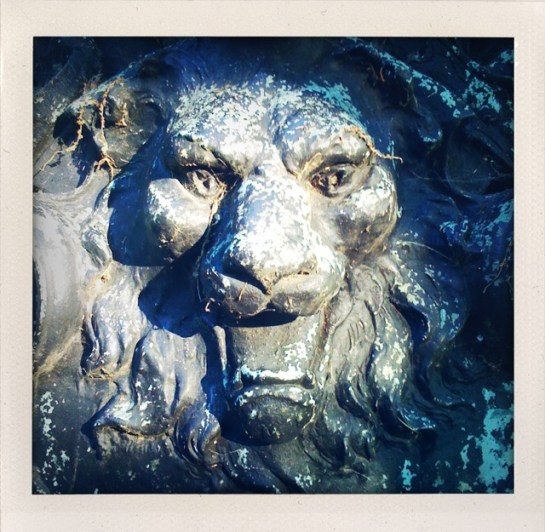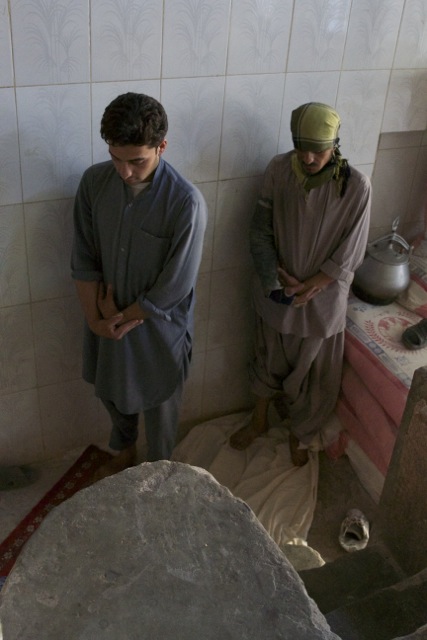Taverna du Liban, or simply Taverna, was synonymous with expat life in Kabul, along with R&R (rest and relaxation) breaks, red-eye flights, and house help. I was introduced to Taverna on my first weekend in Kabul. As we settled in for our dinner, I was forewarned that I should not be ordering much because Kamal – the owner – would be sending us much more food than we could eat. Someone made a comment that Kamal is a generous host and friend, not a restaurateur.
Taverna was a litmus test for the ebbs and flows of Kabul’s expat scene. I knew when a new cohort of expats and diplomats came in when Taverna had people I didn’t recognize. Or I would know that the UN and other agencies were on lock down when there would be barely anyone there for dinner.
Taverna became my resting place. I often went there to get away from my office. Unlike the Flower Street Café or later the Design Café, during the day this place was never anyone’s café-office. Taverna witnessed many of my celebrations, business meetings and quality time with the loved ones. Here I made friendships and met people who would later become dear friends. Here I mourned with others the loss of colleagues and friends. Like a good grandma, Kamal made sure that we had space to do it all.
Kamal and I became friends; we connected over backgammon. Kamal was an excellent player; he often won. The games became an excuse to trade stories. Every so often, in the evenings I came to take food out – I knew that if I sat down to eat it would be free. But if I took it out I could slip by while Kamal was tending to other guests and actually pay. I kept telling Kamal that such a charity is unacceptable. He stopped giving me food out right, but proposed that the best of three would settle whether I was going to pay.
Miraculously I started to win. I challenged him once “No, Kamal, you lost on purpose. There is no way how I could have beaten you yet again.” So he said, “Okay, let’s throw the dice. If you win, you take food, if I win I take the money.” He threw a six, and I threw a six, he threw a two and I threw a two, he threw a five and I threw a five. Kamal started giggling accusing me of sorcery. “One last time”, he announced and threw a five and I threw a six. There he broke into celebratory cheer: “You won, you take the food!” Since, we agreed that I contribute whatever I want and he won’t be checking.
I never imagined that Taverna would be targeted. There are places much more accessible and much more evocative of “sinful Western life”. On January 17, 2014, Kamal’s sanctuary was invaded. I learned about it on January 18 when I opened the news after yet another long-haul flight. I read every article I could find on Kamal’s demise over and over and over again, as if by obsessive reading I might change what has just happen, that I would still be able to wander into Taverna next time in Kabul and laugh over this hoax.
The news refused to sink in. I lost enough people in Afghanistan to recognize this pattern. We all had near misses of being stuck somewhere or running early and miraculously escaping a skirmish. We all talk, write about and report on war, but in a strange way this war happens elsewhere, not in our back yard. War, for us expats, is a carefully calculated risk.
I remember sending my staff to bed when there was yet another long complex attack in another neighborhood dragging into the night. “Go to sleep, it is too far for stray bullets and shrapnel,” I would say, “I need you functional tomorrow.” When I knew that a friend was caught up in an attack, I sat quietly in my kitchen drinking green tea, listening to the attack, knowing that this friend was either already dead or was bundled somewhere in a closet hoping to last through. Yet, even with these close calls, every time war comes to my doorsteps I am unprepared.
I stopped by to say goodbye just before I left Afghanistan for good. Kamal gave me a big bear hug and said that he did not believe that I could be gone for too long. “He said. “Afghanistan is like malaria, you would always be sick with it, and you will be back.” I told him that I hoped so and that I would like to play many more games with him. Before leaving, I asked Kamal if I could take a picture of him. Strangely, in the many years of our friendship I never took a single picture of Kamal. “No,” he said, “My picture is my collateral; you come back, we play, you take a picture.” We shook hands on that.
A year on I still find myself plotting taking a picture of Kamal somewhere sometime. A year on I still refuse to believe the news.




























